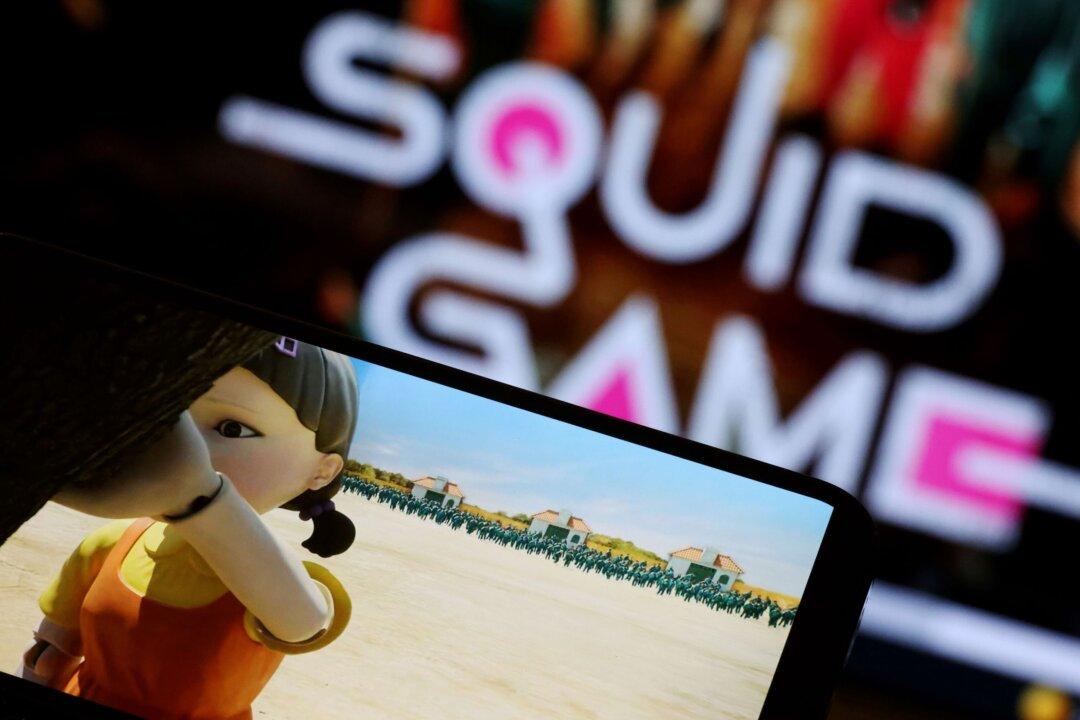China’s brazen copyright violations of South Korea’s entertainment content have doubled since 2016, says South Korea’s culture ministry.
Since 2017, China’s copyright infringements have become a major headache for South Korean content makers. After Beijing cracked down on Korean pop culture in China, in retaliation for South Korea deploying THAAD (a U.S. anti-missile system), South Korea lost its multi-billion dollar entertainment market in China.





